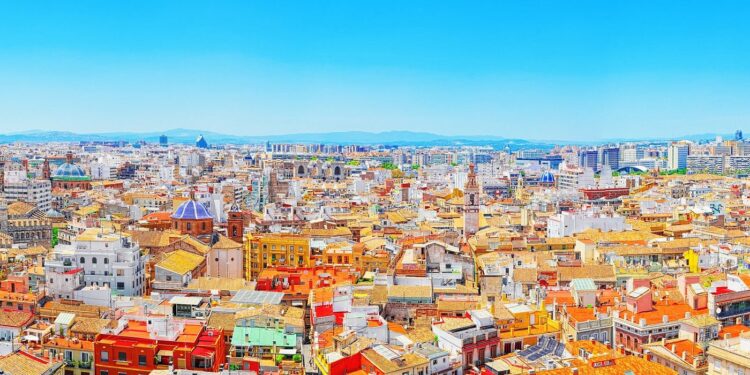On October 27, 2017, the Catalan Parliament took a historic and controversial step by voting to declare independence from Spain, marking a critical escalation in the region’s centuries-old push for autonomy. The declaration came after a contentious referendum held on October 1, which the Spanish government had declared illegal.
The parliamentary vote, passing with 70 votes in favor, represented a direct challenge to Madrid’s authority and sparked one of Spain’s most severe constitutional crises since the restoration of democracy in the 1970s. Pro-independence lawmakers celebrated the decision by singing “Els Segadors,” the Catalan national anthem, while opposition members boycotted the vote.
The immediate aftermath saw swift and decisive action from the Spanish government. Prime Minister Mariano Rajoy’s cabinet invoked Article 155 of the Spanish Constitution, implementing direct rule over Catalonia. This unprecedented move effectively suspended the region’s autonomy and removed the Catalan government from power.
The consequences were far-reaching. Carles Puigdemont, Catalonia’s president at the time, fled to Belgium to avoid arrest, while other independence leaders faced legal prosecution. Several key figures were subsequently imprisoned on charges of sedition and misuse of public funds.
The independence declaration also had significant economic repercussions. Over 3,000 companies, including major banks CaixaBank and Sabadell, moved their legal headquarters out of Catalonia amid the uncertainty. The tourism sector, a crucial part of the Catalan economy, experienced a notable downturn.
The international community largely backed Spain’s position, with the European Union and major world powers reaffirming their support for Spanish unity. No country recognized the independence declaration, leaving Catalonia isolated on the international stage.
This pivotal moment highlighted deep divisions within Catalan society. While pro-independence supporters saw the declaration as the culmination of their democratic aspirations, others viewed it as a reckless move that endangered social cohesion and economic stability.
The events of 2017 continue to influence Spanish politics and Catalan-Spanish relations. The independence movement, though somewhat subdued, remains active, and the question of Catalonia’s relationship with Spain continues to be a significant political issue. The crisis underscored the challenges of balancing regional autonomy with national unity in modern democratic states and the complexities of separatist movements in contemporary Europe.
newshub


Recent Comments